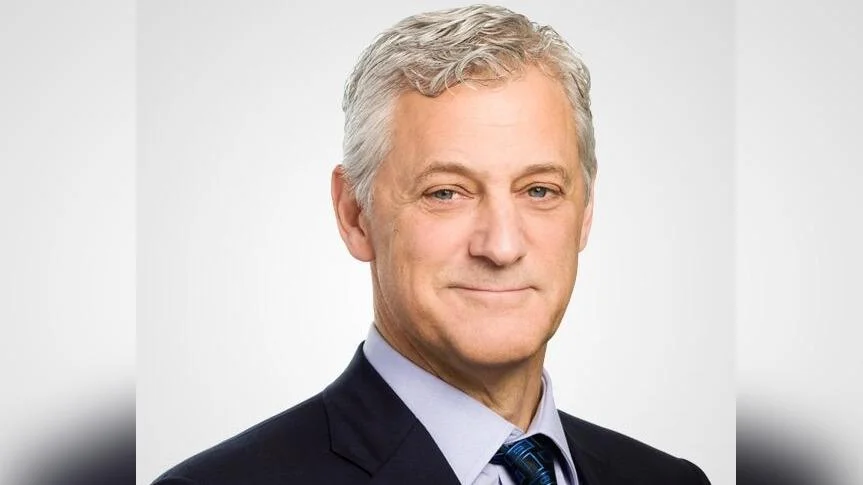Islamic banking has grown from a niche sector to a mainstream part of the global financial system, now present in more than 80 countries and with assets surpassing USD5 trillion. Despite this expansion, many corporate leaders still lack understanding of Islamic finance principles and products. According to a new report by Standard Chartered, titled ‘Islamic Banking for Corporates: Broadening Horizons,’ 65 percent of corporates interested in Shariah-compliant solutions had no prior experience or background in Islamic banking.
The report highlights that unfamiliarity with Islamic finance products is a major barrier preventing corporates from accessing an estimated USD5.5 trillion in global Islamic finance assets. This figure is expected to rise to USD7.5 trillion by 2028. The number of corporate Sukuk issuers has nearly doubled since 2020, resulting in a 38 percent increase in issuance volumes to USD58.8 billion in 2024.
“Islamic banking has evolved into one of the world’s fastest-growing sources of capital, but awareness amongst corporates has not kept pace,” said Khurram Hilal, CEO of Group Islamic Banking at Standard Chartered. “Corporates that build Islamic finance capabilities stand to access specialised capital pools with trillions in assets, preferential pricing in oversubscribed markets, government incentives in high-growth markets, and ESG-focused capital pools where ethical screening is structurally embedded. This knowledge gap reflects an increasingly expensive opportunity cost.”
The report also notes that sustainability and digital innovation are accelerating growth within the sector. Islamic finance shares key priorities with ESG frameworks—such as transparency and ethical conduct—and sustainable Sukuk have seen strong investor demand, being oversubscribed by an average of 4.3 times their issuance value in 2024 compared to 3.1 times for regular Sukuk.
Technological advances like tokenised Sukuk, blockchain-based settlements, and AI-driven Shariah-compliance tools are also changing how capital is raised and managed within the industry.
Islamic banking is becoming increasingly important for companies seeking access to high-growth emerging markets across the GCC, Southeast Asia, South Asia, and Africa—regions where Shariah-compliant finance is often required or preferred. The sector supports much of the USD5.7 trillion South-South Corridor trade network connecting these regions and now accounts for almost a quarter of global trade.
The Halal economy alone represents a market worth USD2.2 trillion, with corporates using solutions such as Standard Chartered Saadiq’s Halal360 platform to leverage opportunities through expanding Islamic trade finance networks.
Standard Chartered remains the only international bank operating a global Islamic banking franchise through its Saadiq brand, serving clients across more than 30 markets and having arranged over USD200 billion in Islamic financing—including Sukuk issuances and sustainable-finance solutions.
“Islamic finance is now a strategic conversation in boardrooms,” Khurram Hilal added. “Our role is to bridge interest with expertise, helping global corporates deploy practical and cross-border Shariah-compliant banking solutions that support their business strategies.”
The full report can be accessed on Standard Chartered’s website.

